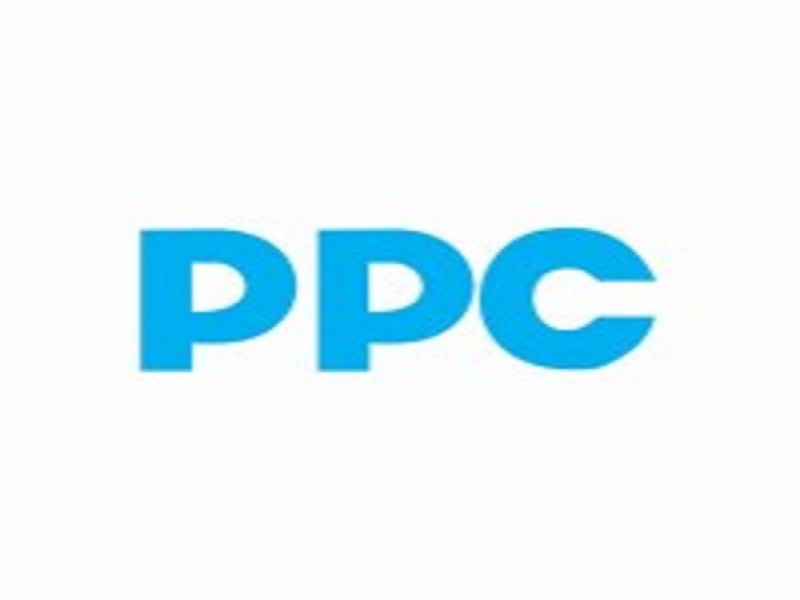The mass production of solar panels in response to the rising demand for alternative cleaner power solutions has made solar installation for homes and businesses more affordable, says PPC Limited, Nigeria’s leading engineering and infrastructure development company.
While commenting on the frequent collapse of the national power grid, the attendant blackouts and its disruption of business activities, Dr Kelechi Onuigbo, Head of Power Division at PPC, advised businesses to look into cost-effective alternative power solutions for uninterrupted power supply.
He noted that even though solar panel installation and its storage systems have become more affordable, the efficiency of photovoltaic panels have not diminished in any way but improved with constant research and innovation.
As part of the global decarbonization and energy transition drive, the Nigerian government has demonstrated commitment by commissioning off-grid electricity projects that will ensure all Nigerians have uninterrupted electricity through investment in solar-powered mini-grids.
The Federal Government is implementing different initiatives targeted at achieving at least 30,000MW generation by 2030 with 30 per cent from renewable energy sources.
The energy expert commended the Federal Government for providing robust incentive programmes that ensured corporations and government facilities enjoy stable electricity through off-grid energy sources.
Onuigbo said, ”It’s important for energy access to keep pace with population growth in the country. This is why we are advocating for increased investment in off-grid alternative energy solutions that provide stable electricity in the event of natural disasters or power outages. We are proud to be at the forefront of the drive for renewable energy in view of the climate change realities and the frequent collapse of the national grid.”
“The one-time investment and low maintenance of solar installations make it an affordable and preferable alternative power option for businesses and households. Constant electricity is key to survival of businesses and that is why PPC is committed to supporting organizations in bridging the infrastructure gap in Nigeria’s power sector.”
According to him, rapid advances in technology and available financing facilities has encouraged manufacturers to invest in expanding their production capacity, which has lowered the cost of solar panels.
He explained that solar panels can generate major utility savings for businesses that are considering reducing electricity costs, carbon emissions, or both.
PPC is dedicated to ensuring equitable electricity access in Nigeria and has over the years invested in grid infrastructure as well as affordable renewable energy solutions.
![]()






























































